SO much noise. How in the world can anyone figure out what is the right thing to do? From engaging employees, so they not only can be successful, but also NOT LEAVE, to managing all of the change being thrown at us. It can be overwhelming and exhausting.
We are here to help. Below is a small but impactful list of areas you should be spending quite a bit of time on when it comes to leading your employees successfully thru this quagmire of change.
Ramp up support and coaching. Lots of uncertainty out there. During times of change, people get stressed. This is not good for the employee or the employer. Stress leads to burnout. Quick. As leaders, we want to create an environment where our employees can focus on their work with energy.
- You will want to intentionally ramp up the amount of time you spend talking to, listening to and supporting your staff. Focus on small ‘coaching moments’. Rather than just answering all of your employee’s questions, use that time to find out what they think they should do instead. Ask questions. Help them solve their own problems. Not only will they benefit from talk time with you, they will be learning how you approach problems and be able to apply that process to future questions. Key to this: LISTENING. Yes, it can be hard. But it will be worth it.
- Conduct Stay Interviews. Find out why people continue to come into work. Find out what would make them start looking for a different job and avoid falling into that trap!
- Consistently be asking “What is in your way right now?”, “How can I make your job easier?”
- As much as we would like to believe that employees need to leave their home life problems at home, right now – their home problems are more than likely completely intertwined with their work as many of them are working from home. Be supportive. Help set boundaries that work for everyone. Be crystal clear about your expectations. Be flexible.
Help Build their Skill in Critical Areas. We need employees who can help us succeed in this new work environment. Not only should you be focusing on these critical areas, make sure you are intentionally building these skills in your staff:
- Create, strengthen and build relationships. Help by fostering this philosophy. Create opportunities for staff to connect. Short meetings, group work, Lunch & Learns where they are all attending even if some are remote. Initiate introductions. Get people that work together but have maybe never met, on a video call. Put faces to voices. These do not have to be long drawn out affairs. Keep them short. Start the conversation. Encourage employees reaching out to other employees for help. Set the expectation of Teamwork.
- It would be so easy to back burner Employee Development for the foreseeable future. Don’t be that leader. Have the conversation about where they want to go in your organization. What skills do they want to develop? Make a plan that stays in the radar.
- Lead/Manage change. Don’t just react to it. Sure there will definitely be some reacting. But get in front of it whenever possible. Have the planning meetings, even if you are only planning out 30 days. Set goals for staff. Keep them visible.
- Be positive while being real. You will be setting the tone for your staff. Let your staff know you are there to support them. Even if you do not have all of the answers, you have their back. If you are reacting to change and showing constant stress, this will be their tone. If you are open, honest and transparent while being supportive, even in the most trying times, your employees will feel that and that positive tone will be their guiding light.
- Problem solve. During times of change and stress, we can easily just continue to do business as usual without recognizing that some of our processes, procedures and policies may need to change. Make it ok to question Standard Operating Procedures. If something doesn’t make sense, take another look at it. Involve people that know and can contribute to making it better. Ensure that everyone knows that the Customer is always your True North. If it is not working for the customer, you should be taking another fresh look at it.
- Communicate clearly. THIS IS HUGE. Clear communication can cure a lot of ills. Listen, share information concisely and with purpose, and be open to hearing opinions. Be clear in your point and help others do the same.
- Be clear about accountability. Being vague or unclear about expectations will not help anyone. Be clear about deadlines, work hours, etc. Explain the consequences of non-accountability. Give the ‘why’ behind expectations.

